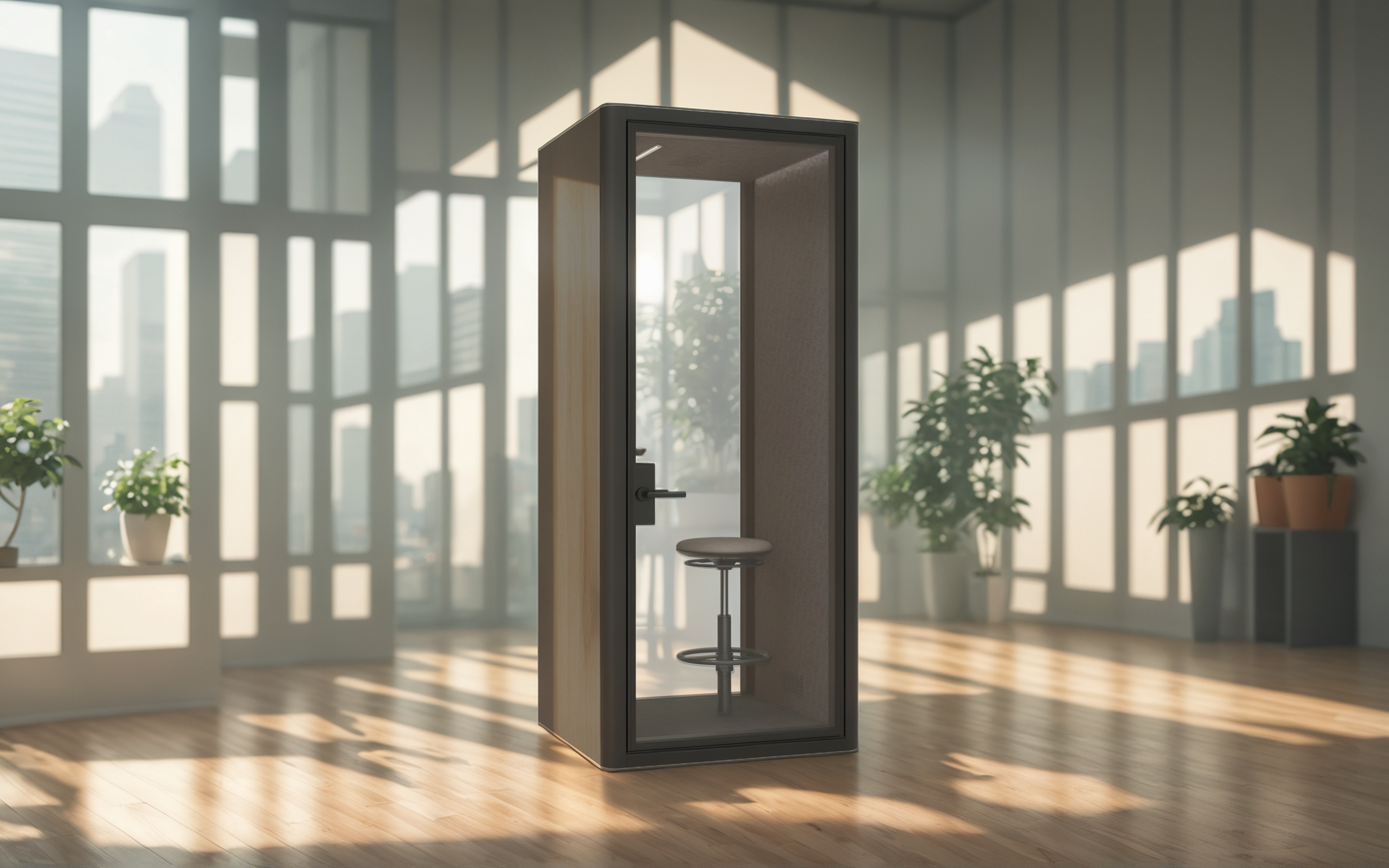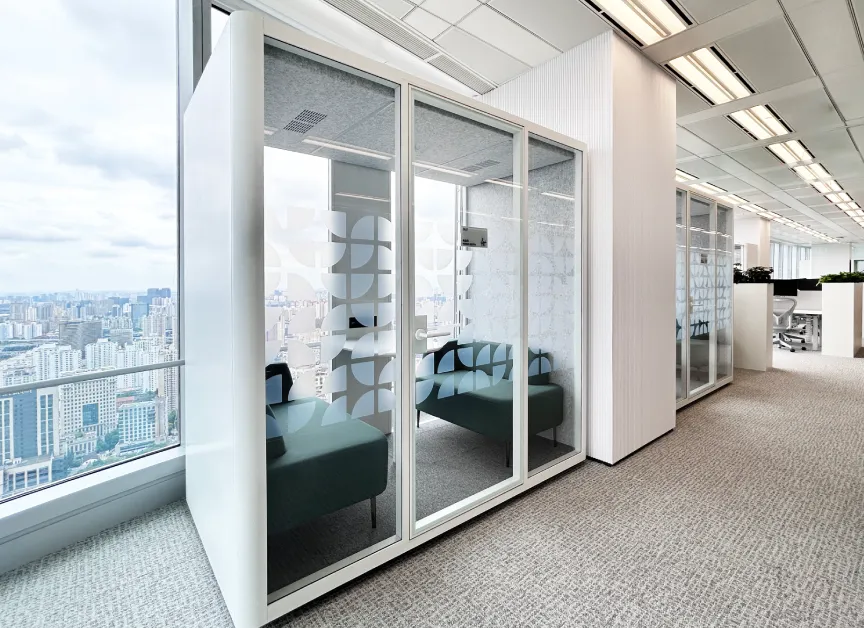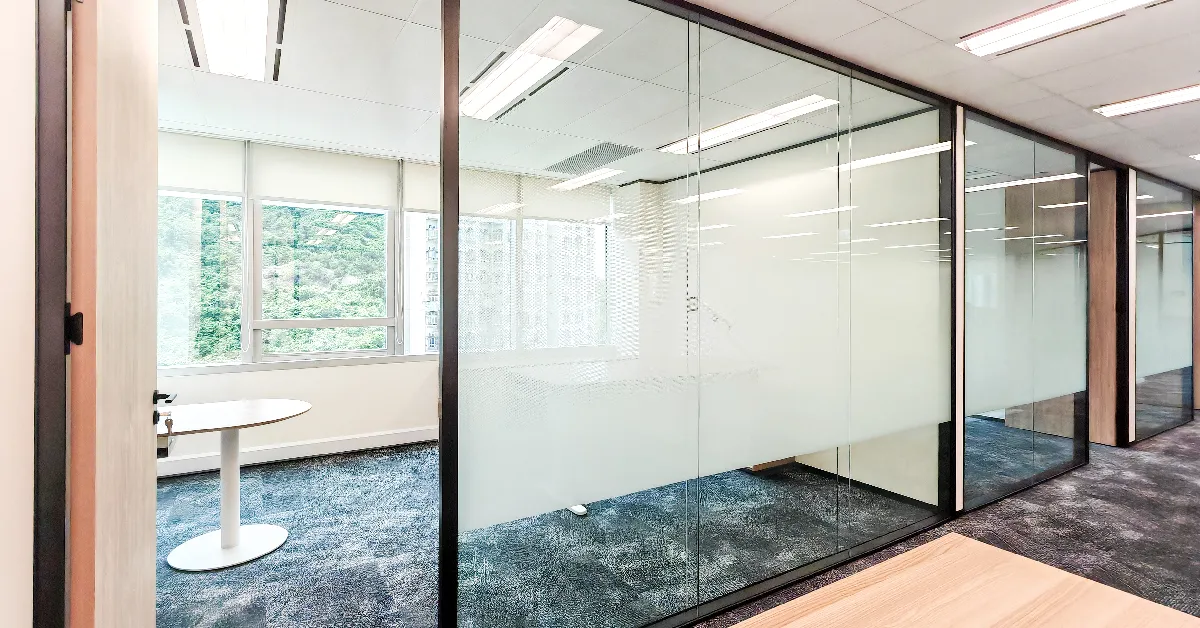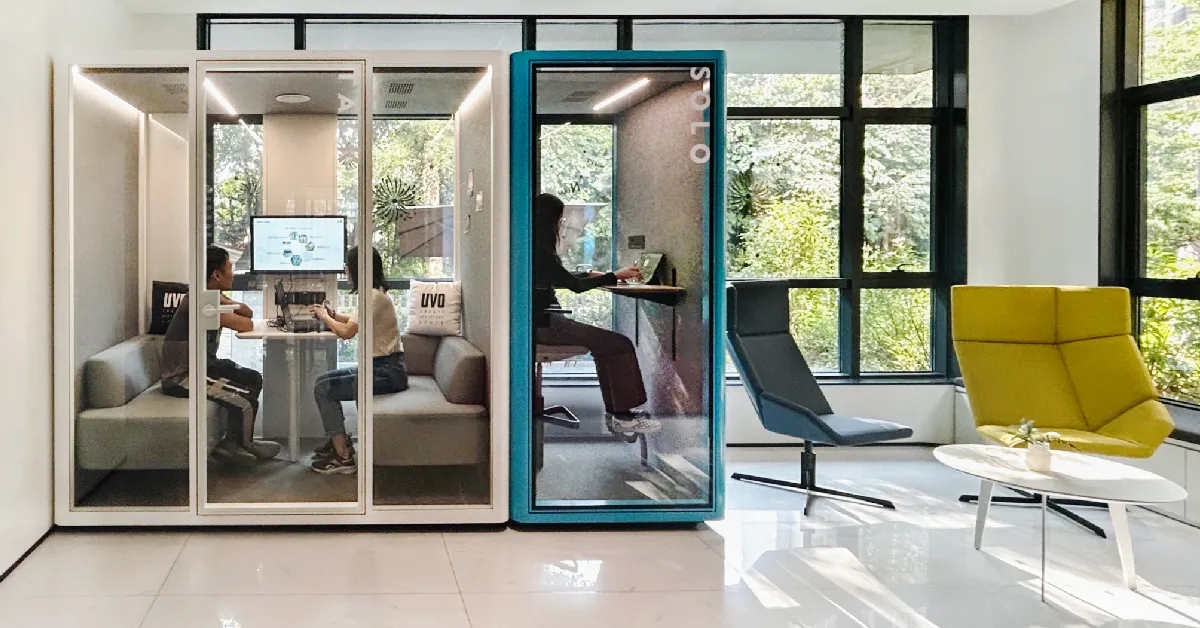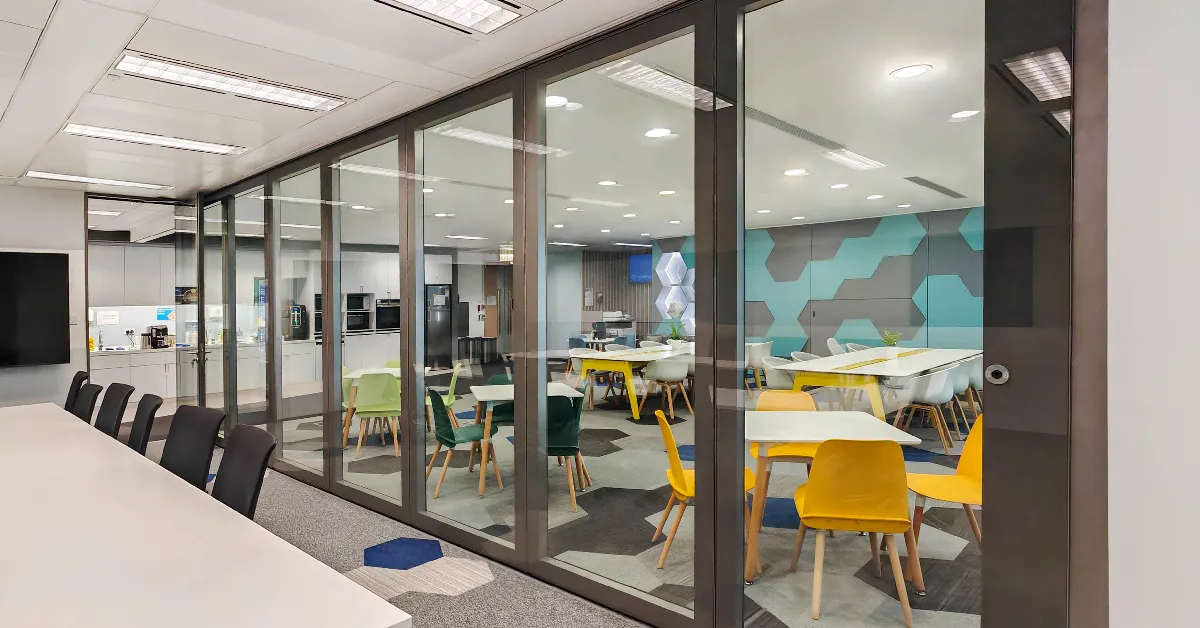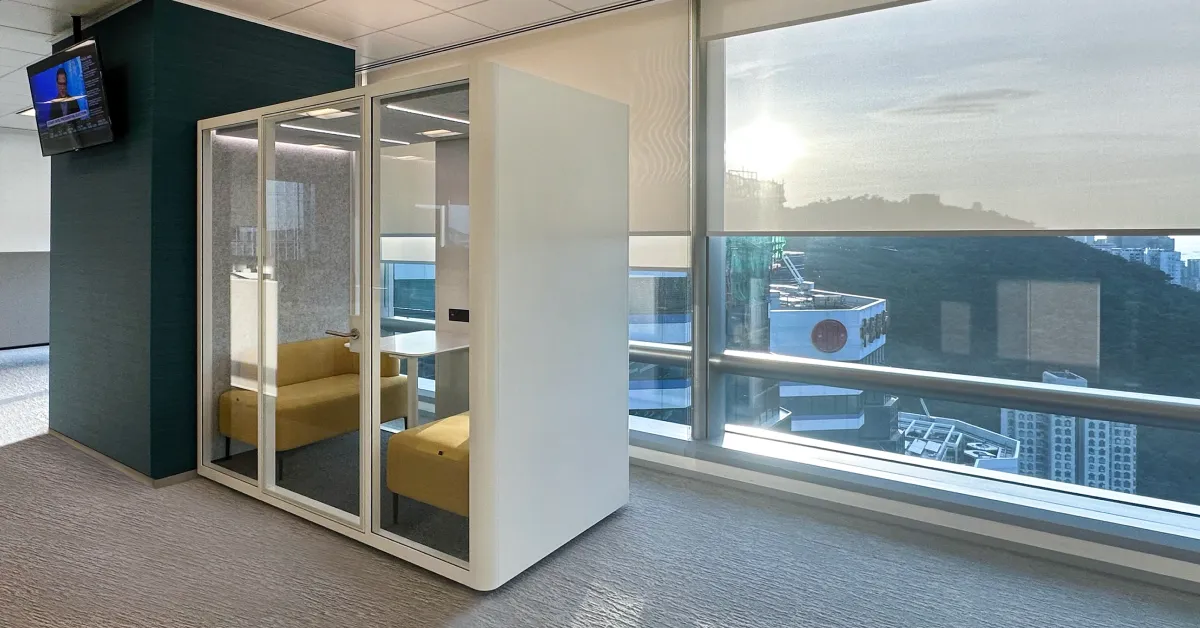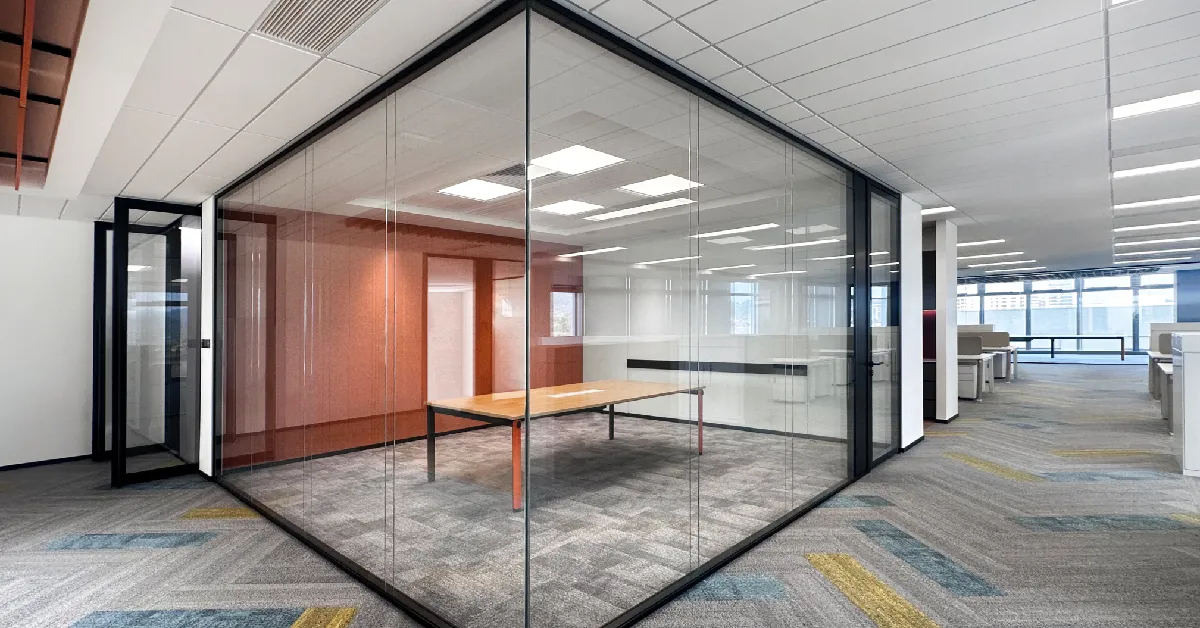The modern workplace is undergoing a radical transformation, and at the heart of this change are innovative smart modular space solutions designed to address the challenges of contemporary office environments. As companies have increasingly adopted open-plan layouts to foster collaboration, they have also encountered the downsides: constant noise, frequent distractions, and a significant lack of privacy. This has created a pressing need for flexible, on-demand private spaces where employees can concentrate, conduct confidential conversations, or simply recharge. These solutions offer a sophisticated and efficient answer, providing self-contained, acoustically optimized environments that can be integrated seamlessly into any existing office design without the need for costly and disruptive construction.
The Evolution of the Modern Workspace
The journey from private offices and cubicle farms to sprawling open-plan designs was driven by a desire for greater communication and a less hierarchical structure. However, this shift often overlooked the fundamental human need for focus and solitude. The constant hum of activity can be detrimental to deep work, and the lack of acoustic and visual privacy makes sensitive phone calls or video conferences challenging. Traditional solutions, like building permanent meeting rooms, are often slow, expensive, and inflexible. They fail to adapt to the dynamic nature of modern business, where teams expand, shrink, and reconfigure. This is where modular spaces emerge as a superior alternative, offering the agility that today’s businesses demand.
Key Features of Advanced Modular Spaces
The effectiveness of modern pods and booths lies in their meticulous engineering and user-centric design. At their core is acoustic excellence. Products like the Framery O or the UVO Smart Pod are built with advanced soundproofing technology, using high-performance acoustic panels and sealed structures to create a serene sanctuary. This ensures that conversations inside remain confidential and that external office noise is completely blocked out, allowing for crystal-clear audio during calls. Beyond sound, aesthetics play a crucial role. These units are not merely functional boxes; they are design statements. With sleek, minimalist aesthetics, often featuring refined matte black finishes and glass doors, they complement and elevate professional settings. The interiors are just as thoughtfully curated, with monochromatic palettes, ergonomic stools, and integrated tabletops for a laptop or notebook. User comfort is paramount, which is why leading designs incorporate state-of-the-art ventilation systems to keep the air fresh and efficient LED lighting that mimics natural daylight, ensuring the environment is pleasant even for extended periods of use. This combination of features transforms a simple booth into a complete, high-performance micro-office.
The Power of Modularity and Flexibility
Perhaps the most significant advantage of these smart modular space solutions is their inherent flexibility. Unlike permanent construction, these standalone pods can be installed in a matter of hours, placed anywhere they are needed, and easily relocated as office layouts or team needs change. This adaptability is a game-changer for growing companies and those leasing office space. It allows businesses to invest in infrastructure that moves with them, providing a long-term return. The design philosophy behind products like the UVO Smart Pod, which incorporates systems for adaptability and versatility, highlights this forward-thinking approach. The ability to add or reconfigure private spaces on demand without a major renovation project empowers organizations to be more agile and responsive to the evolving demands of their workforce, ensuring the office environment supports productivity rather than hindering it.
Applications Beyond the Corporate Office
While the corporate office is the primary environment for these innovative spaces, their utility extends far beyond it. The need for quiet, private areas is a universal one in many public and semi-public settings. Co-working spaces, for example, can greatly benefit by offering their members access to soundproof phone booths for private calls. Universities and libraries can install them as study carrels for intense focus sessions. Even high-traffic public areas like airports, convention centers, and hotel lobbies can provide these pods as a premium amenity for travelers and professionals who need a quiet moment to work or take an important call. This versatility demonstrates the broad appeal and practicality of modular design in solving the modern-day challenge of finding peace and privacy in a noisy world.
Investing in a Productive Future
Ultimately, integrating smart modular space solutions into a workplace is more than just adding new furniture; it is a strategic investment in employee well-being and overall productivity. By providing easily accessible private spaces, companies empower their employees to manage their work environment according to their tasks, leading to higher job satisfaction, reduced stress, and improved output. These pods address the critical flaws of the open office while retaining its collaborative benefits, creating a more balanced and effective workplace ecosystem. As the nature of work continues to evolve, embracing this kind of flexible, human-centric design is key to building a resilient, innovative, and productive organization prepared for the future.

